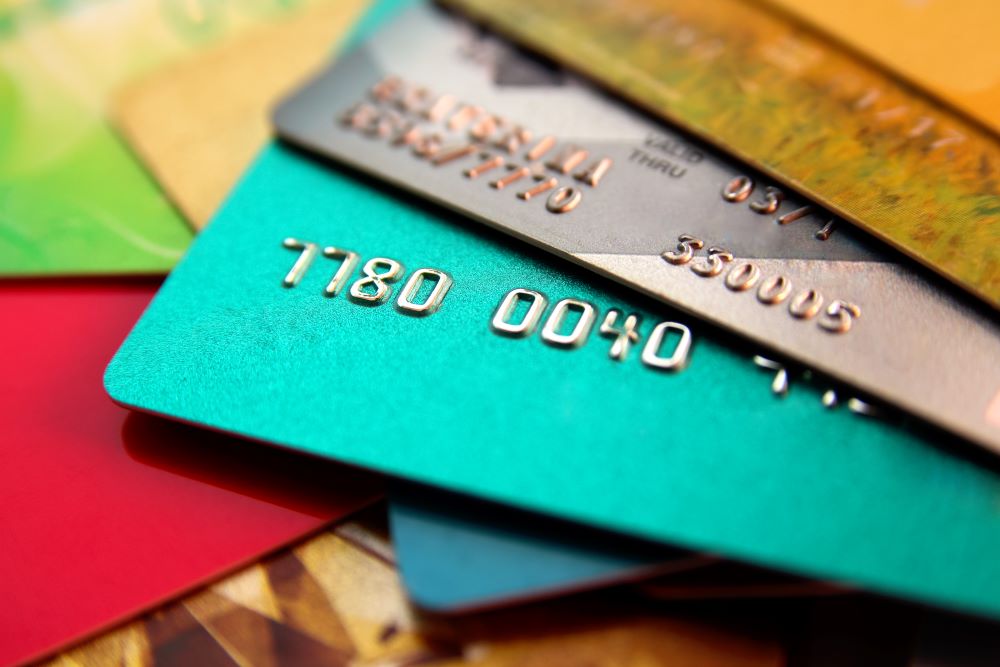Filing for bankruptcy is one the most damaging events that can happen to your credit. Your credit score can take a major dive as soon as bankruptcy hits your credit report, where it can remain for a long time. Chapter 7 bankruptcy can stay on your credit report up to 10 years, while Chapter 13 bankruptcy stays on your report up to seven years.
The effects of bankruptcy on your credit score lessen over time, but some lenders won’t even consider applicants with a bankruptcy in their credit history. Others may charge higher interest rates and fees to mitigate their risk.
But if you can get one, a credit card is one of the simplest ways to start helping your credit recover from a bankruptcy.
Credit Card After Bankruptcy
After you declare bankruptcy, you should check your credit report and credit scores. This way you know where you stand when it comes to meeting credit card approval requirements. It may also be a good idea to invest in credit monitoring, so you can see how your credit score changes over time.
Despite the damage to your credit, it is possible to qualify for a credit card after your bankruptcy has been discharged. A basic credit card, when managed responsibly, can help your credit score rebound. There are two main options out there.
Secured Credit Cards
Secured credit cards are one of your best bets for getting a credit card post-bankruptcy. They require an upfront security deposit to open, which usually equals the limit of your card. For example, a card with a $500 credit limit requires a $500 security deposit. The credit card issuer can take your security deposit if you fail to pay.
Other than that, secured cards work the same as traditional credit cards. You can make purchases up to the borrowing limit. Any balance you carry month to month can be charged interest. Card activity is reported to the credit bureaus and if you manage your card correctly, your credit score can benefit.
Secured credit cards tend to have lower interest rates and fees than unsecured cards for people with bad credit. They do have low borrowing limits, but that makes it easier to pay your balance down each month and avoid taking on too much debt.
After a certain period of responsible use, your credit card issuer may be willing to increase your credit limit or refund your security deposit.
Unsecured Cards
There are unsecured credit cards on the market for users with poor credit and bankruptcies. Like secured cards, the credit limits on these cards tend to be low. The main advantage is that you don’t have to pay a security deposit to open one.
However, these cards often have much higher interest rates and more fees. Generally, the riskier you are as a borrower, the more you may have to pay to access credit.
How to Use a Credit Card After Bankruptcy
If you don’t use your credit card the right way, getting a credit card after bankruptcy won’t do your credit score any favors. Follow these practices to establish good credit history with your new card:
- Pay your bills on time. Payment history is the most important factor that affects your credit score. Make sure you always pay at least the minimum balance by the monthly due date.
- Maintain a low balance. Credit utilization is the amount of available credit you are using, and if your balance is too high it can lower your credit score. Maintain a low balance to keep your utilization far away from the credit limit.
- Keep your card open. If you can manage your card responsibly, you should keep it open to increase the age of your account. The older your accounts, the better it can be for your credit.
- Pay your balance in full. Pay your balance in full every month if you can. It helps you avoid interest charges and ensures that, at least once a month, that your credit utilization is very low.











